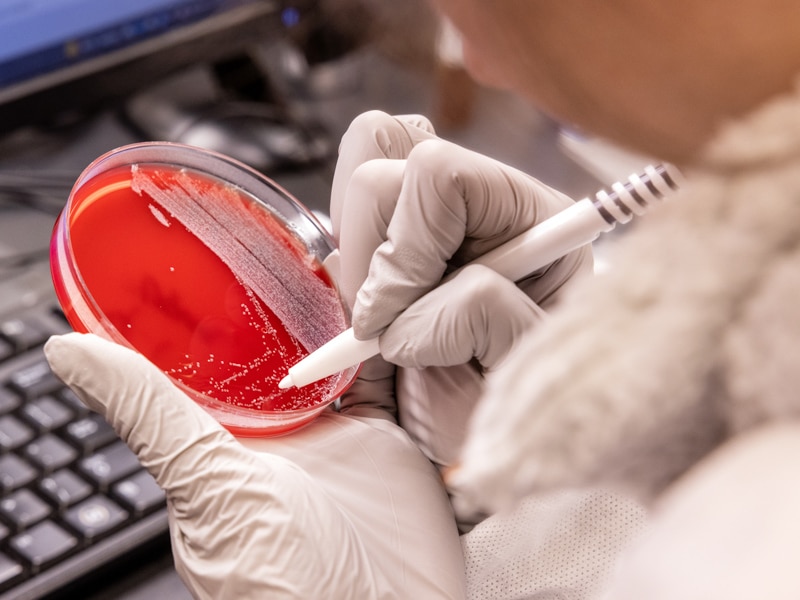A “superbug” known as candida auris (C. auris) has been discovered in Mississippi for the first time, according to officials from the University of Mississippi Medical Center.
As of Monday, seven patients have been treated for C. auris. The highly contagious, antibiotic-resistant fungal infection can cause severe illness in people already being treated for multiple serious or chronic health conditions.

“The public needs to be aware that we are seeing this fungus. This is the first time we’ve had a locally acquired case in Mississippi,” said Dr. Bhagyashri Navalkele, an associate professor in the UMMC Division of Infectious Diseases.
C. auris is easily transmissible, both on surfaces and person-to-person, and can be detrimental in congregate settings such as long-term care facilities. On Dec. 23, the Mississippi State Department of Health issued an alert, warning all healthcare facilities across the state to prepare for possible outbreaks.
The fungus in Mississippi is believed to have been locally acquired at a long-term, acute care facility. The MSDH has not yet released which facility encountered C. auris.
In classifying cases, there is a distinction between infections and “colonizations,” which refers to the presence of microorganisms that have not yet caused infection.
“Colonization means you could be a silent carrier of the fungus, and it can be an active infection later on,” Navalkele continued. “If you are identified as colonized, you need to make sure that your health care team knows about this so that they can immediately start isolation precautions and initiate appropriate treatment when infection is suspected.”
Of the seven patients treated so far in the state, two were infected, two were colonized, and three high-risk patients had been exposed.
If any family members have C. auris, Navalkele said preventive measures such as bleach-cleaning surfaces in the home are vital. Handwashing is also an important part of precautions.







